A few book recommendations
Plus converting to Islam and the West's short-lived cultural revolution
Hello,
Welcome to Cultural Capital. I am back from my holiday in France.
Unfortunately it rained almost constantly, something I didn’t realise was possible in Provence. I was also thwarted by some very French museum closures:
The upside was that I got quite a bit of reading done. I thoroughly enjoyed almost all of the books I read (and put far too much effort into choosing them) so I thought I would pass on some recommendations. The holiday will soon be the subject of a Times travel feature — everything is content!
What are you reading? Let me know in the comments.
What I Read on my Holidays
Through the Narrow Gate by Karen Armstrong
This was probably the book I enjoyed reading most. Karen Armstrong is famous now for her books on religion. Through the Narrow Gate is her memoir of how she became a nun in the early 1960s when she was only seventeen years old. She joined an extremely strict religious order before the Vatican II reforms loosened up monastic rule. The account of the harshness and cruelty of monastic life — the aim was to die as an individual in order to submit to God— is riveting. It’s also a rare fascinating encounter between an intelligent, modern, sensitive person and an essentially medieval institution. Armstrong had a breakdown and left after seven years. The catalysing event seems to have been being sent by her order to study at Oxford and being exposed for the first time in her life to the extraordinary social changes unleashed by the sixties. The scenes in which she sits meekly in her full nun’s habit in tutorial groups in which everyone else was wearing miniskirts and outlandish sixties fashions are extraordinary. I tore through it in just over a day. Very strong recommend.
Gulliver’s Travels by Jonathan Swift
Like almost everyone I was familiar with the idea of the Gulliver’s Travels as the book about the Lilliputians (little people) and the Brobdingnagians (the giants). All this as entertaining as you would expect — both as social satire and as a kind of proto-sci-fi. But I am slightly embarrassed to say I was blithely unaware of how dark the ending is. This at least meant I had the advantage of being sincerely surprised and horrified by the scene near the end of the book which Gulliver sails away from the land of the morally elevated horse-like Houyhnhnms using a boat with a sail made of the skins of Yahoos (the basically human creatures who are the Houyhnhnms slaves). When Gulliver gets home he is so revolted by the human race he is unable to embrace his wife and child. I found it genuinely profound and shocking. A weirder and deeper book than I realised. Absolutely definitely read it if you haven’t.
The Righteous Mind by Jonathan Haidt
I absolutely loved this. A friend described it as “Marriott-coded” and couldn’t believe I hadn’t already read it. I can confirm it is very much “Marriott-coded”. The Righteous Mind is Haidt’s account of how we evolved our moral impulses. The central idea (which I am completely persuaded by) is that we developed our moral impulses to help us thrive effectively in groups not to discern fundamental unchanging principles of reason and justice. Haidt is very good on how the liberal Western idea of morality as centred solely on the avoidance of causing harm to others is unnatural from the longer historical point of view. For other cultures moral behaviour is tied up with behaving properly to authority, keeping one’s body pure, and respecting sacred symbols and taboos. He has a lot of fun probing our moral intuitions. If a man buys a chicken from the supermarket, makes love to it, then eats it for dinner, is that wrong? We feel it is. But why? You can use this fun quiz to measure your moral intuitions against Haidt’s six “moral foundations". The book is very strongly recommended.
A Room with a View by EM Forster
Always feel I should like EM Forster more than I do. I read A Room with a View — Forster’s novel about two young English tourists falling in love in Florence — in my teens. I didn’t get along with it back then and returned again out of a (I suppose quite Forsterian) sense of duty. It’s probably the book of his I’ve enjoyed most. There is a great deal of beautiful phrasing and delicate psychological observation. Midway through the novel it is obvious to the reader that Lucy has fallen in love with George Emerson. Why then does she become engaged to the pretentious Cecil? Forster writes:
It is obvious enough for the reader to conclude, “She loves young Emerson.” A reader in Lucy’s place would not find it obvious. Life is easy to chronicle, but bewildering to practice, and we welcome “nerves” or any other shibboleth that will cloak our personal desire. She loved Cecil; George made her nervous; will the reader explain to her that the phrases should have been reversed?
Life is easy to chronicle but bewildering to practice. Obviously wise and lovely. And yet I can never quite get over the vague atmosphere of fusty English twee that hangs around his books. Do the beautiful moments and phrases sometimes seem a little too self-consciously beautiful. Julian Barnes has written about how he used to hate Forster for similar reasons but was eventually converted so I will keep an open mind. For now: recommended to people of a different sensibility.
The Waste Land: A Biography of a Poem by Matthew Hollis
Probably the book I enjoyed least. I found Matthew Hollis’s account of the genesis of the Waste Land disappointingly hollow. He’s good on how it was written — what typewriter Eliot was using, which bits Ezra Pound cut, where he wrote the Fire Sermon etc. But he weirdly fails to say why the poem was written or what it’s about. I’m perfectly content reading about which lines Eliot cut and when but Hollis doesn’t go much deeper than that.
New Grub Street by George Gissing
Somewhat against my expectations I raced through this book. I had avoided reading it because the title seemed to imply it was just a bleak satire on nineteenth century literary life. I wasn’t totally wrong: the plot follows the careers of two literary men, cynical (and therefore successful) Jasper Milvain and principled (and therefore doomed) Edwin Reardon. But it is also a fully realised literary novel. It is satisfying and immersive in the way that only a nineteenth century novel can be, with the full narrative apparatus of unexpected inheritances, broken engagements and tragic deaths. It’s not as profound as Middlemarch or as brilliant as Dickens but it still probably counts as one of the best novels I’ve read. George Orwell said England “has produced few better novelists” than Gissing. Worth considering if you’re looking to really get lost in a novel. Very strong recommend.
Jesus: Apocalyptic Prophet of the New Millennium by Bart Ehrman
The life of the historical Jesus is one of my periodic fascinations. But it’s hard to find a completely reliable book on the subject. Reza Aslan’s recent bestseller Zealot is fantastically readable but his picture of Jesus as a political rebel against Rome is a controversial one. Bart Ehrman started out as an evangelical Christian but lost his faith studying the Bible — a not uncommon story. He is now probably the leading authority on the historical Jesus and the host of the excellent podcast Misquoting Jesus. This book is a meticulous account of the mainstream (and I think very persuasive) scholarly view that Jesus was an apocalyptic prophet who expected the world to end in his own lifetime. The radicalism of Jesus’s moral teachings was intimately bound up with his belief that history was going to come to an end imminently and up-end the whole social order. To those inclined to dismiss Jesus as legendary it’s remarkable how much Ehrman thinks we can accurately reconstruct about what really happened the life of this obscure Jewish peasant from the sources available to us. E.g. Jesus probably did enter Jerusalem in Passover, he probably did cause some kind of ruckus in the temple. It’s fascinating stuff. Ehrman’s conscientiously source-based approach is less zingy than some other books on the subject but it’s a great read. Highly recommended to all interested.
A Couple of Other Things
Ed West on the West’s short-lived cultural revolution c.1965-2015:
Imagine a society where morality enforcers patrol what publishers allow to be printed. Where risqué comedians have their venues cancelled. A society in which a religious magisterium ruins the lives of people with heretical views. Where satirists studiously avoid offending the powers that be and stay clear of issues of public morality. Where gender non-conforming children are forced to live as the opposite sex because of society’s rigid view about masculine and feminine behaviour. A society where racial segregation is permitted, even celebrated, if it is for the benefit of the favoured group. Where offensive and blasphemous views might even land you in jail.
This described much of the English-speaking world before the social revolution of the 1960s changed everything. Following the huge moral upheaval of the early 21st century, it also describes the English-speaking world of the 2020s. After decades of transition, we’ve settled seamlessly into a new age of rigid morality and censorship
Elizabeth Bruenig on why the progressive wing of the Catholic church is doomed:
The much-discussed departure of young, progressive people from the faith is almost complete: Virtually everyone who was going to leave has left. And now that the young progressives are nearly all gone, the overall decline has ceased, leaving behind a more solid—and conservative—core of believers. Meanwhile, it also seems that new conservative converts are joining the faith, and bringing their politics with them. The result will be a much more conservative American Christianity.
Interesting podcast interview with the Timothy Winter (brother of football writer Henry) who is perhaps the world’s most famous Islamic scholar on why he converted and why Mohammed is the Che Guevara of prophets:
What the prophet is already articulating, is that if you're facing extermination at the hands of an evil Pagan tyranny, you can defend yourself, which is what he did.So I found that … a liberative story, something that that spoke to me rather more than the somewhat bloodless and faint message on politics that seemed to be conveyed by the Gospels.

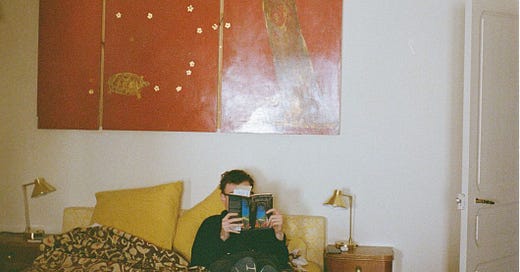





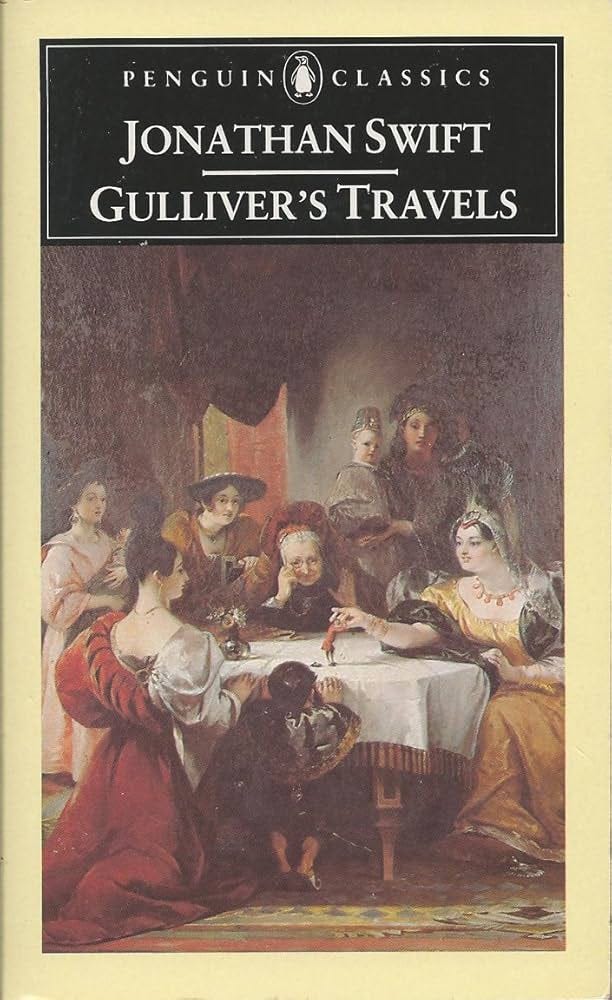
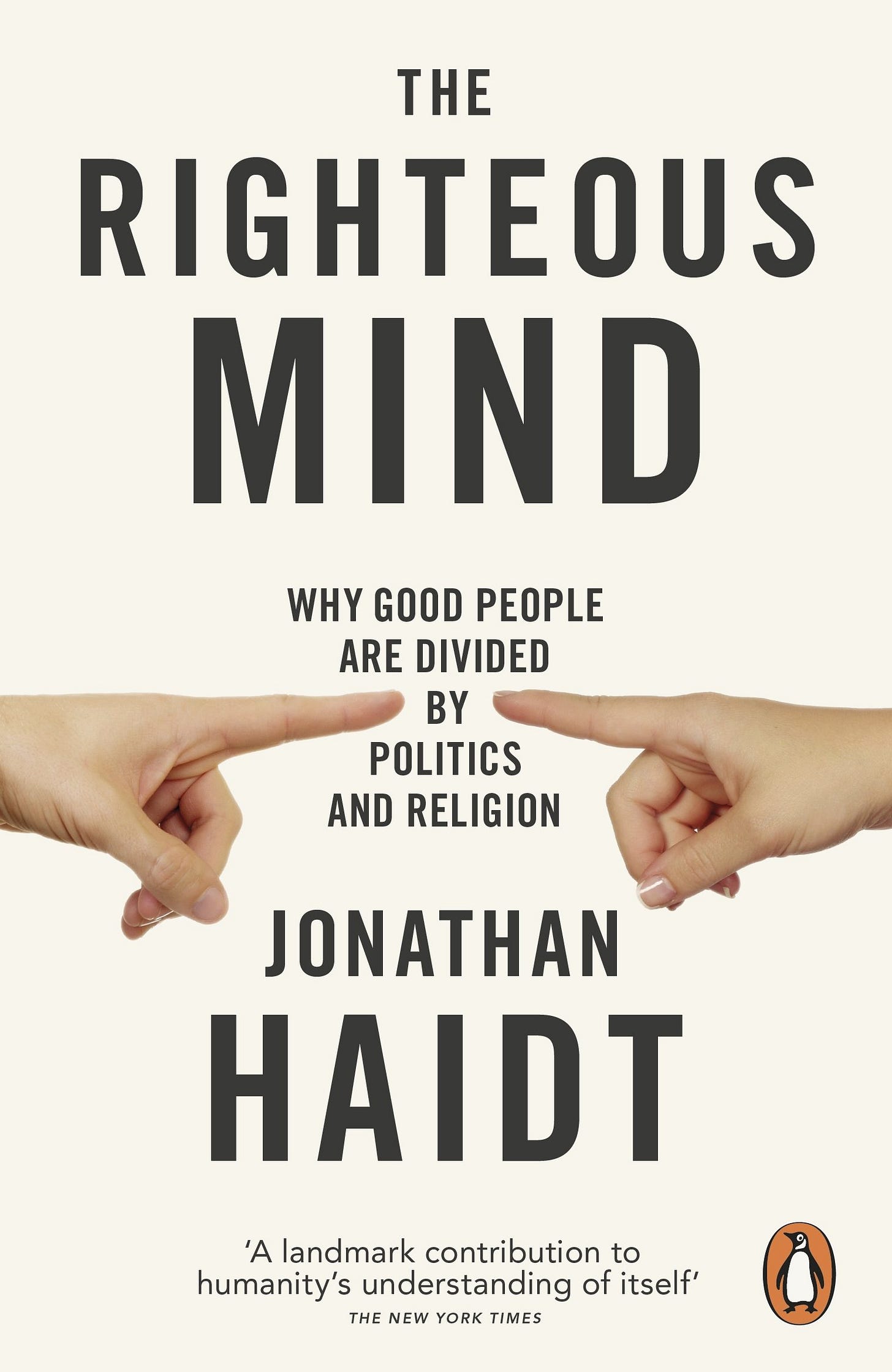
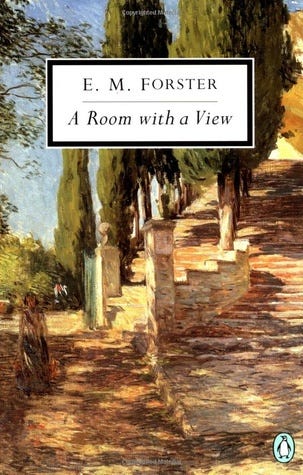
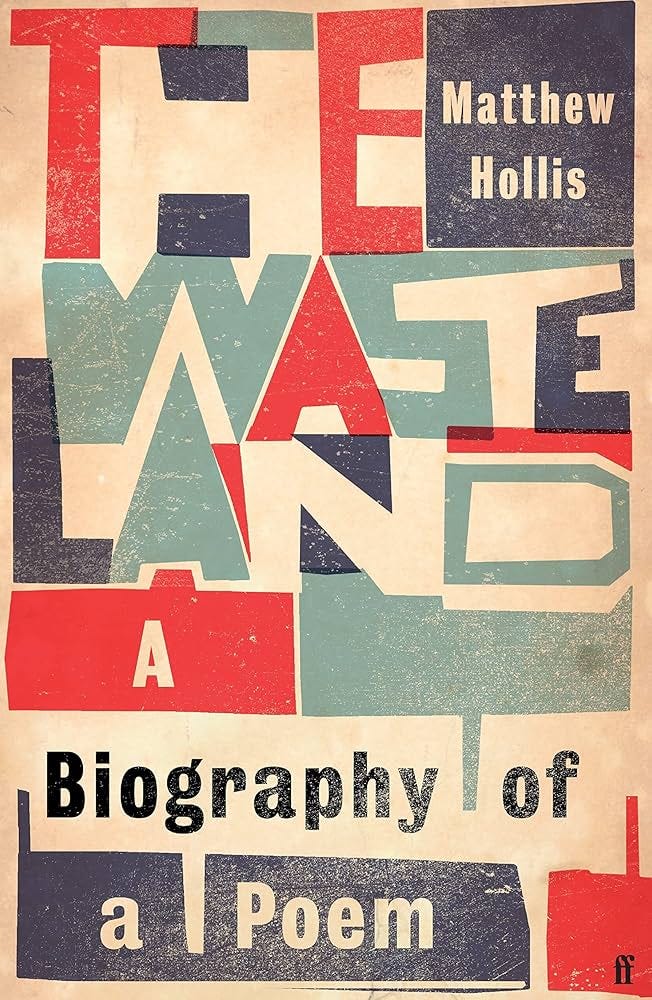
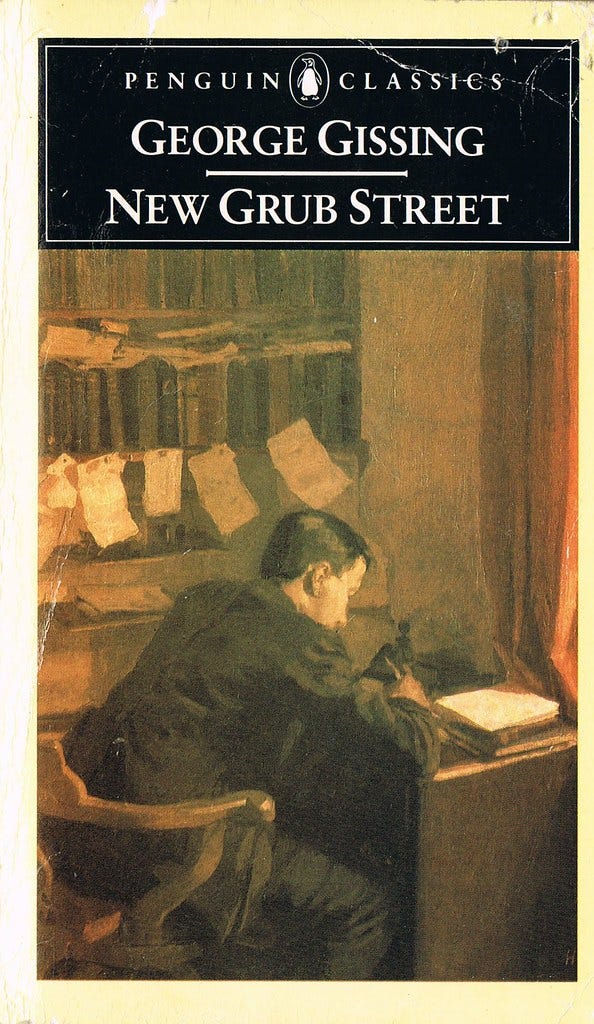
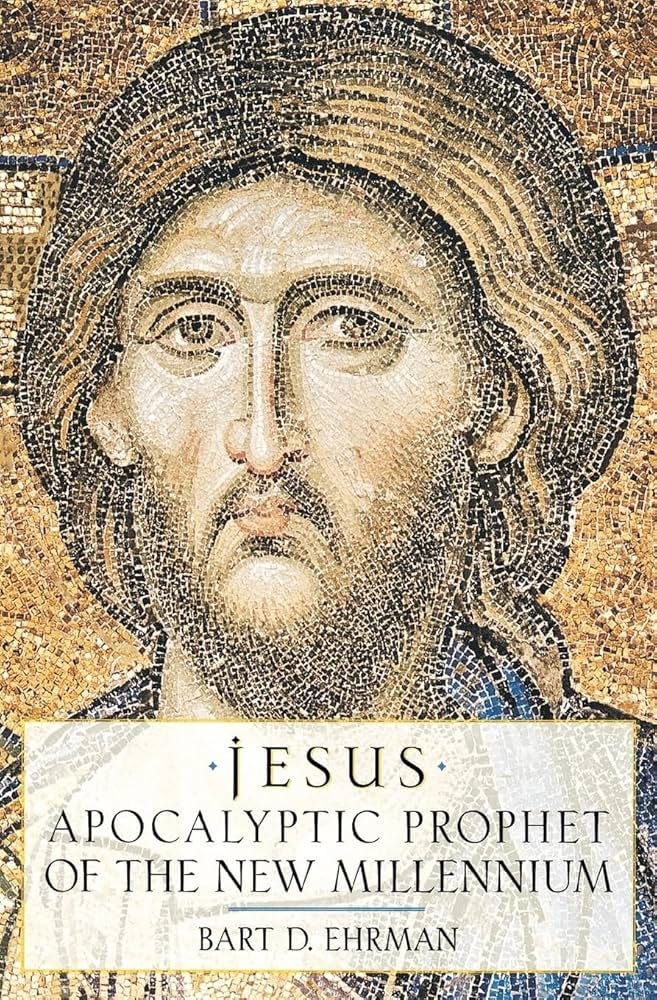
Strongly recommend the Merchant & Ivory adaptation of Room With a View - phenomenal cast (inc. a young Daniel Day-Lewis, Maggie Smith, Helena Bonham Carter...)
thank you, love this kind of post, particularly with such an interesting range of subjects (Me: "I'm not reading about nuns!".... (30 second later) "Wow, sounds great!"). Lots for me to seek out.